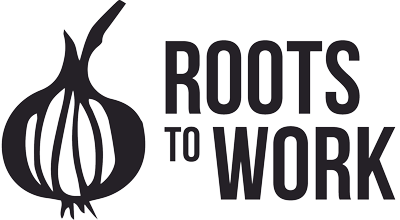
In this day and age, sustainablity and health are at the forefront of societal concerns, meaning that careers in the food and farming sectors are evolving to meet these demands. Beyond traditional farming roles, there is a growing need for experts in public health, human nutrition and dietetics.
What are roles in public health?
Public health professionals focus on improving the overall health of communities through better food systems and policies. They work to ensure that all populations have access to safe, nutritious, and affordable food. Public health experts collaborate with policymakers, community organisations, and educational institutions to promote food security and sustainable agricultural practices. By advocating for healthier food environments and addressing issues such as malnutrition and food poverty, they play a crucial role in creating a sustainable and equitable food system. Alexandra Rose Charity policy manager Amy Deptford did an MSc in International Public Health Nutrition and told us that the best thing about her work is that,
"I love that every day is different. Fixing our broken food system requires concerted action from many stakeholders, which means you have to be nimble in how you approach different opportunities."
How about being a nutritionist or a dietician?
Nutritionists focus on the relationship between diet and health, advising individuals and communities on how to maintain healthy eating habits. In the context of sustainability, nutritionists may advocate for plant-based diets or locally sourced foods that reduce carbon footprints and lead to greater population health. They work in various settings, from hospitals and clinics to schools and community programmes, promoting dietary choices that benefit both human health and the environment. Their expertise is crucial in the shift towards more sustainable consumption patterns.
Dietitians specialise in the science of nutrition and its application to health. They provide personalised dietary advice, create meal plans, and support individuals with specific health conditions. Dietitians are increasingly incorporating sustainabilty into their practice by recommending eco-friendly food choices as well as those that are healthier for individuals and communities. By educating clients on the benefits of sustainable eating, they play a key role in fostering a culture of health and environmental consciousness.
Many people in nutrition or dietetics go on to work in food-focussed organisations such as Sustain's food poverty campaign coordinator Isabel Rice. On using her background as a registered dietician in her current work, and shifting the view of what she wanted to work on, she says,
"When training as a dietitian I was interested in a career in Global Health, but during my degree I volunteered for local food aid projects which opened my eyes to the scale of the problem of food poverty in London. My clinical experience, frontline experience working in community food projects, and academic knowledge all fed into my journey managing the food poverty campaign at Sustain, where I’m able to incorporate my clinical nutrition and public health knowledge with my passion for reducing health inequalities."
Hopefully you can see that careers in sustainable food and farming extend far beyond the fields. Public health specialists, nutritionists and dietitians are just one part of a movement that will pave the way towards a more sustainable and healthy future.
Find out more about careers in the sustainable food and farming sector in the careers resource and webinar.



